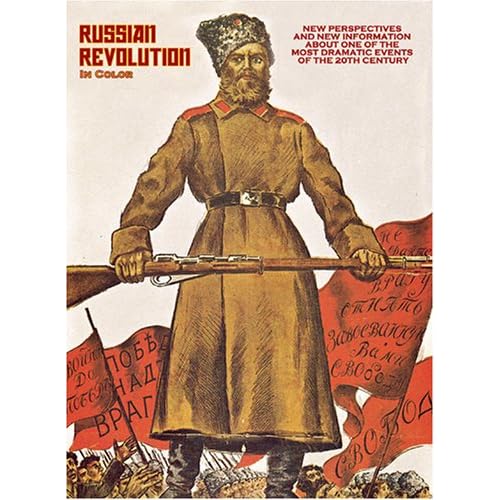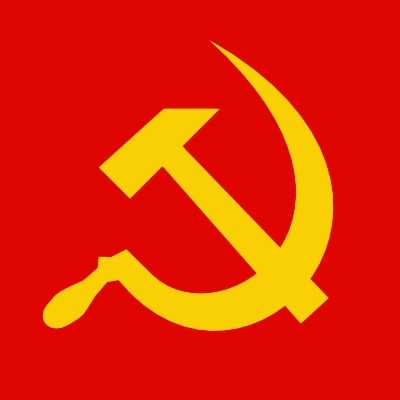
The Russians Revolution took place in Russia. There were two famous events during the Russian Revolution, which were the February Revolution and the October Revolution. The February Revolution was the time when Tsar Nicholas the third lost his power. This lead to riots by the people in the streets of Petrograd. This also led to the creation of the Petrograd Soviet which was a local council of the workers and soldiers of Petrograd. In the October Revolution, which was also known as the Bolshevik Revolution, created the Soviet Union.
The leader of this Revolution was a young man named Lenin. He had a small group of followers called the Bolsheviks. It was he who overthrew the Russian government and ecame its new leader. Like a dictator running his country, Lenin ruled and once again brought peace to the people of Russia.





